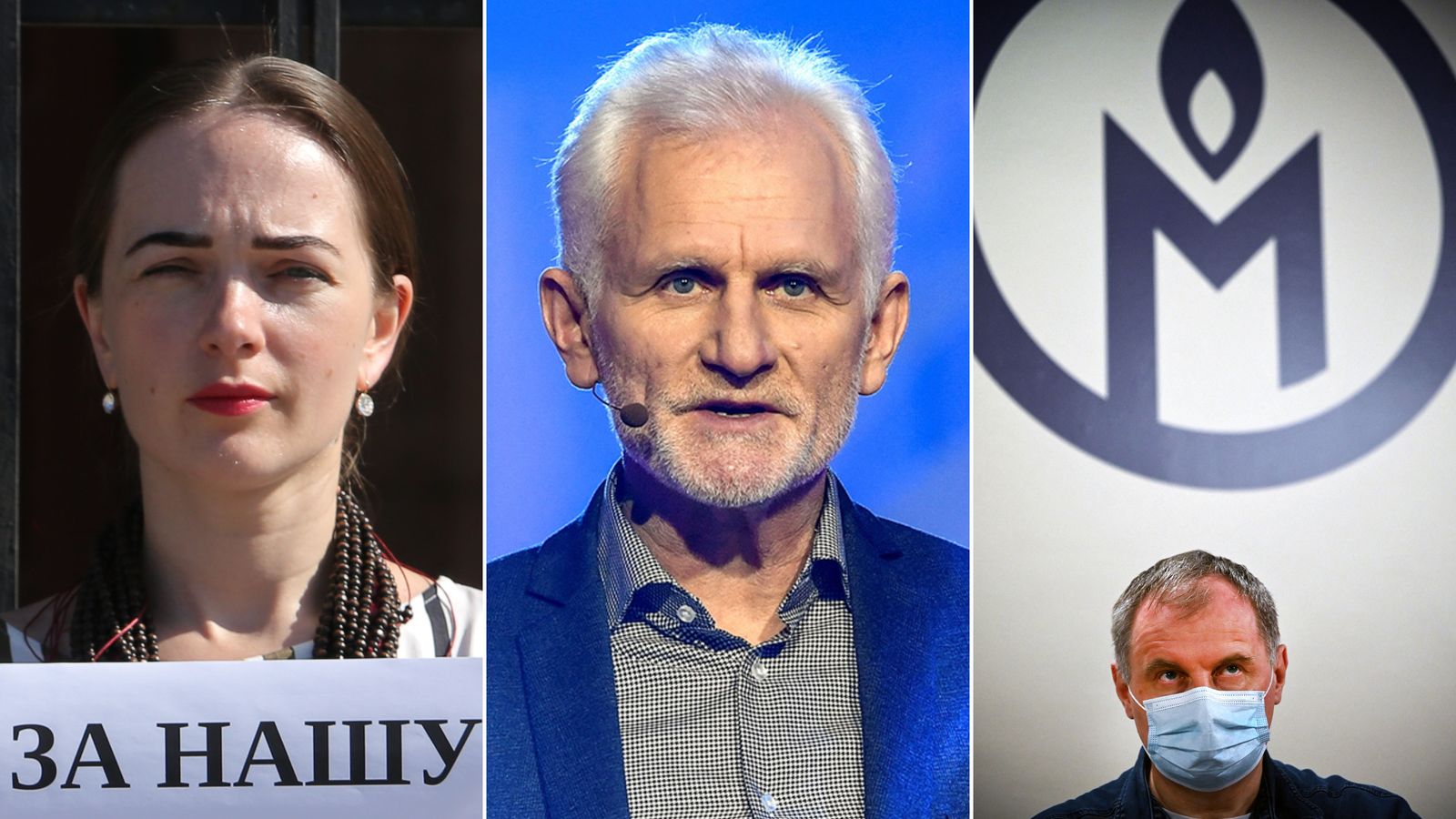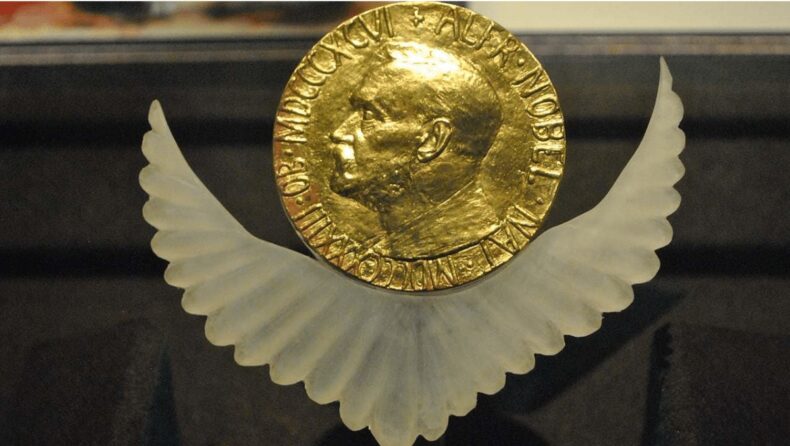The fact that the honorees are from Belarus, Ukraine, and Russia sends an implicit statement regarding the continuing confrontation between Russia and Ukraine.
The Norwegian Nobel Committee announced on Friday that the Nobel Peace Prize for 2022 has been given to Belarussian human rights champion Ales Bialiatski, the Russian human rights organization Memorial, and the Ukrainian human rights organization Center for Civil Liberties (October 7).

Alfred Nobel, the engineer and inventor of dynamite, set aside 2.8 million euros in 1901 to establish these awards.
Without a doubt, the financial side is critical since it allows scientists to continue their research. The winners will get about 1 million euros in 2021.
Meanwhile, according to The New York Times, the laureate of the 2022 Nobel Peace Prize will earn 964,000 euros in October.
According to the committee, the laureates represent civil society in their native countries, and “they have for many years supported the right to criticize power and preserve individuals’ fundamental rights. They have made an excellent effort to document war crimes, human rights violations, and power abuse. They illustrate the importance of civic society for peace and democracy”, as it said on the Nobel Prize website.
Because the honorees are from Belarus, Ukraine, and Russia, an implied message regarding the ongoing conflict between Russia and Ukraine has been communicated. “The Norwegian Nobel Committee wishes to honour three great defenders of human rights, democracy, and peaceful coexistence in the neighbouring countries Belarus, Russia, and Ukraine,” the committee stated.
The Nobel committee’s head, Berit Reiss-Andersen, responded to a query about whether the prize was “a timely birthday president” to Vladimir Putin on his 70th birthday, which falls on October 7. She stated that the prize is not intended for him and that “we always offer a prize for something and to somebody, not against anyone.”
Ales Bialiatski of Belarus
“Ales Bialiatski was one of the intiators of the democracy movement that erupted in Belarus in the mid-1980s,” according to the website. Many nations in Central Asia and Europe had pro-independence movements prior to 1991, when the former Soviet Union dissolved and independent republics arose. Belarus President Alexander Lukashenko has held the position since its inception in 1994.
In response to the disputed constitutional revisions that gave the president dictatorial powers, Bialiatski founded the organization Viasna (Spring) in 1996. The committee described Viasna as a “broad-based human rights organization that documented and protested against the authorities’ use of torture against political prisoners.”
He was previously imprisoned for three years before being arrested again during the large-scale protests against the dictatorship in 2020, and he is still being held without trial. In 2020, he was one of three recipients of the Swedish Right Livelihood Foundation’s Right Livelihood Award, sometimes known as the “Alternative Nobel.”
“Despite considerable personal hardship, Mr Bialiatski has not ceded an inch in his fight for human rights and democracy in Belarus,” the committee added.
Memorial, a Human Rights Organization from Russia
According to the committee, the organization was founded in 1987 “by human rights advocates in the former Soviet Union who wished to ensure that the victims of communist regime oppression would never be forgotten.” The organization’s founders were Nobel Peace Prize laureate Andrei Sakharov, who received the award in 1954, and human rights advocate Svetlana Gannushkina. “Memorial is based on the idea that recognizing past crimes is critical in preventing new ones,” the group stated.
It has been described as Russia’s largest human rights organisation, and it currently assists in gathering information on “political oppression and human rights violations in Russia,” according to a press release from the committee, which calls it “the most authoritative source of information on political prisoners in Russian detention facilities.”
The Russian Supreme Court has shut it down and liquidated it in the last two years, but the organisation responded at the time by saying, “Nobody plans to give up.”
Center for Civil Liberties, a Human Rights Organization from Ukraine
The Center for Civil Liberties was established in Kyiv in 2007 “with the goal of furthering human rights and democracy in Ukraine,” according to the committee.
According to its website, the Centre is “one of Ukraine’s main actors, influencing public opinion and state policy, encouraging the development of civic activism, and actively participating in worldwide networks and solidarity actions to defend human rights.”
According to the committee, since Russia’s invasion of Ukraine in February 2022, the Center for Civil Liberties has been working to detect and document Russian “war crimes” against the Ukrainian civilian population.













